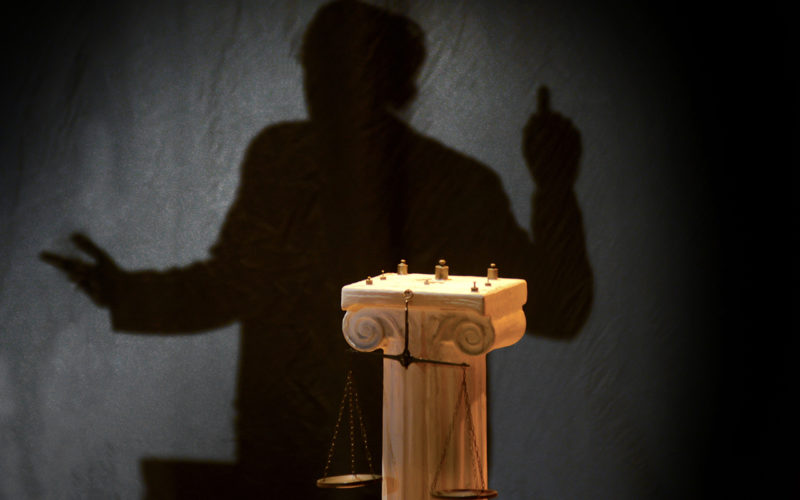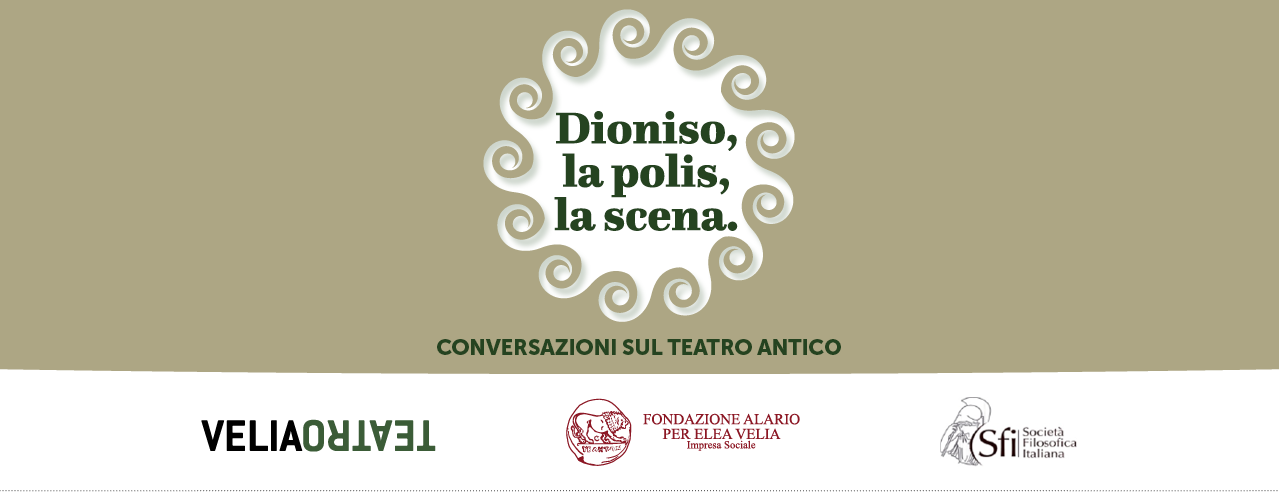Socrates and the jury.
Breve intervento di Francesco Fronterotta professore di Storia della filosofia antica presso l’Università di Roma “La Sapienza”. Si occupa particolarmente del pensiero dei presocratici, di Platone, di cui ha tradotto e curato numerosi dialoghi, e della tradizione platonica antica e moderna.
A seguire
The Apology of Socrates
regia e interpretazione Christian Poggioni
musiche Irina Solinas (al violoncello)
The event to which the Apology refers to is the self-defense that Socrates pronounced in front of the Athenian judges in 399 B.C. – Plato was an eyewitness. Socrates, victim of a political conspiracy, is accused of impiety and of corrupting the young. For these reasons he is condemned to death, but at the end of the trial, he leaves to his own accusers a final fundamental message: “For if you think that by killing men you can avoid the accuser censuring your lives, you are mistaken; no evil can happen to a good man, either in life or after death.” This is Plato’s political dialogue par excellence, that shows a man and his community in the dramatic confrontation on the meaning of life – both personal and political.
Iscriviti alla Newsletter






